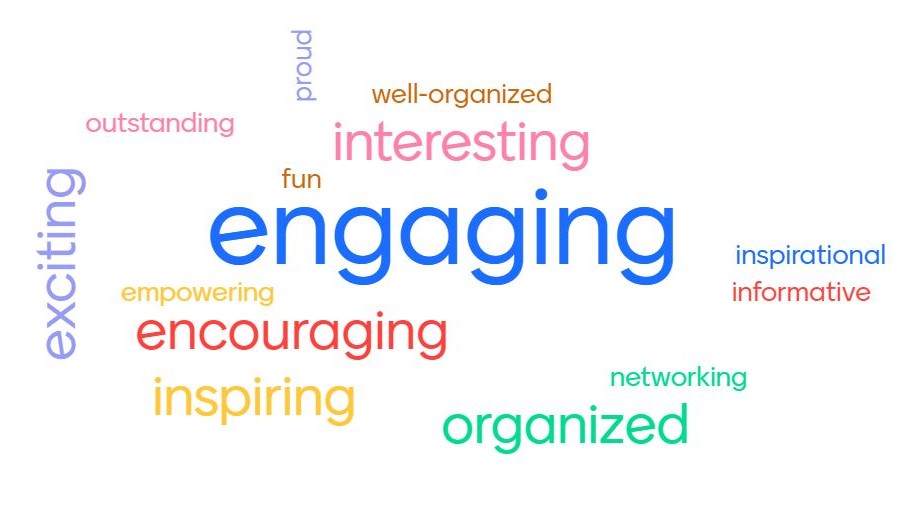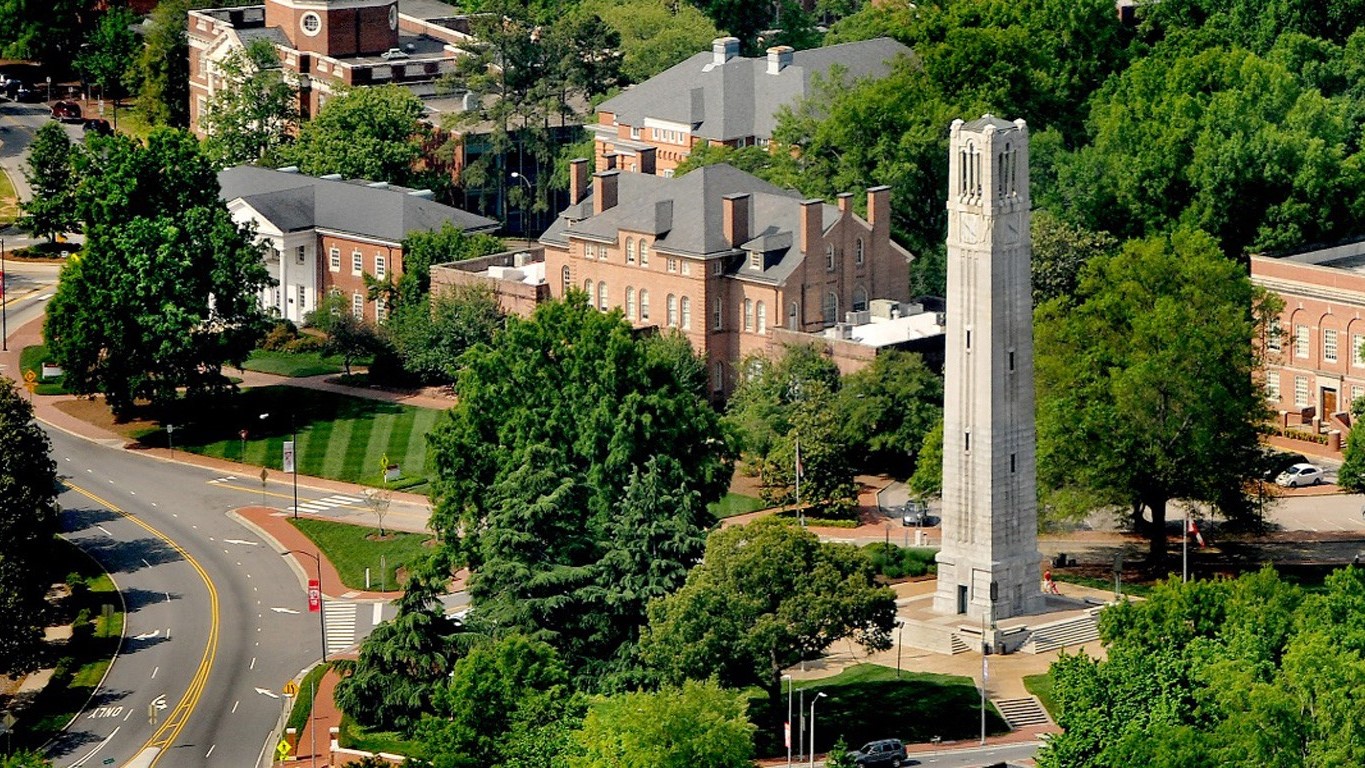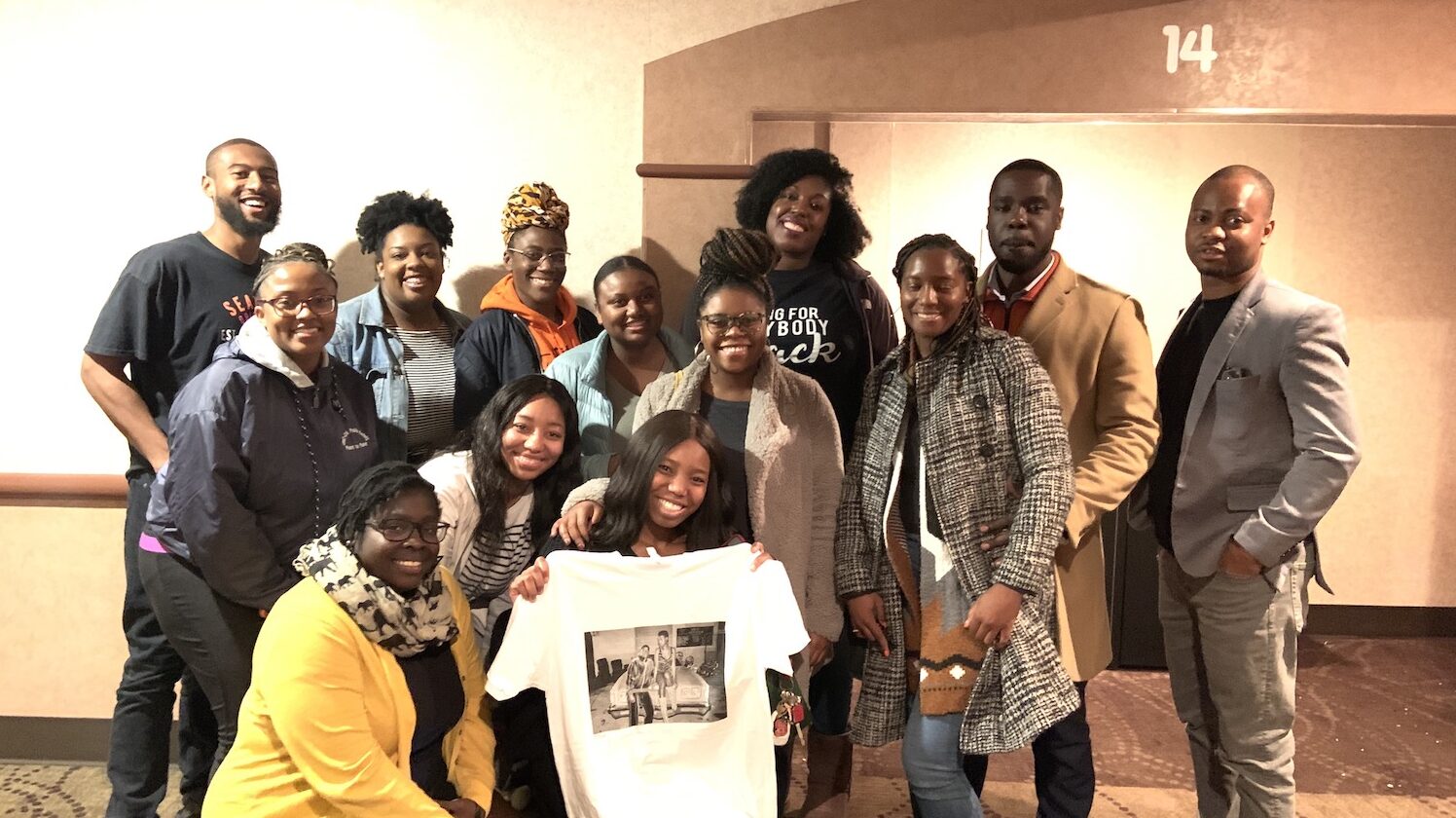What postdoctoral fellowship opportunities are available for NC State postdocs?
We’ve reached out to funded postdoc fellows around campus to ask what their experience working as a fellow is like and have organized some of their tips regarding opportunities for securing a fellowship of your own.
National Institute of Health (NIH)’s Director’s Early Independence Award
The NIH’s “Early Independence Award” is “part of the High-Risk, High-Reward Research program, the award supports outstanding junior scientists with the intellect, scientific creativity, drive, and maturity to bypass the traditional postdoctoral training period to launch independent research careers.”
In 2019, the NIH awarded 93 grants through its High-Risk, High-Reward Research Program, and 13 of those were for the NIH Director’s Early Independence Award. This research notedly, “provides an opportunity to support exceptional junior scientists who have recently received their doctoral degree or completed their medical residency to skip traditional post-doctoral training and move immediately into independent research positions.”
Featured Recipient: Dr. Zach DeVries, Entomologist
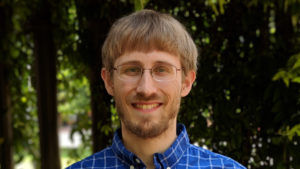
Being one of only 13 individuals selected from across the country for this honor in 2019, DeVries has been provided $250,000 per year for five years by NIH. In a former news article about Dr. DeVries and his grant-funded research, it was noted that DeVries recently began his tenure-track position at the University of Kentucky in January 2020 and “uses his research to address a wide range of questions relating to indoor pests, such as bed bugs and cockroaches. A recent study focused on the efficacy of total release foggers – so-called bug bombs – on cockroaches and the homes in which they are released.”
To see other recipients of this award, visit the NIH’s website.
ECMC Foundation Fellowship
Here at NC State, our program for the ECMC Foundation is called the Postsecondary CTE Research Program where “Research Fellows enhance their ability to conduct and apply research that advances the field of Postsecondary Career and Technical Education”. Applications for 2021 class of fellows are now closed but you can learn more about the fellowship here.
Featured Recipient: Dr. Paul-Arthur Pierre-Louis
Using the generous funding from the ECMC Foundation, Dr. Pierre-Louis studies the experience of highly skilled immigrant students with degrees and experiences from their home countries not professionally recognized in the United States. He notes that this group of students in educational studies have been left out of the larger conversation and he considers it his responsibility to present the research so more can be done about it.
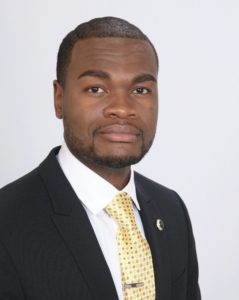
Using the ECMC Foundation’s one-year fellowship in collaboration with the NC State Belk Center, Dr. Pierre-Louis has been able to gain valuable professional development and research experience through webinars and conference attendance. For example, in 2019, Dr. Pierre-Louis attended the Annual American Educational Research Association (AERA)’s training conference in Toronto. He notes that “It’s been a really good experience as far as [ECMC] providing a lot of resources that you wouldn’t have if you were trying to research on your own.”
His goal after completing his postdoc is to obtain a tenure-track position. If you are interested in the ECMC Foundation, Dr. Pierre-Louis believes that his emphasis on awareness and collaboration in his research proposal made him stand out as an applicant. He notes that you need to love research and have a passion for community colleges.
Oak Ridge Institute for Science and Education (ORISE) Fellowship
ORISE offers postdoctoral fellowships and research opportunities at federal facilities nationwide. ORISE is a Sustaining Member of the National Postdoctoral Association (NPA) and they offer postdoctoral positions in national laboratories and federal research facilities nationwide.
Featured Recipient: Sheila Saia, Biological & Agricultural Engineering
Dr. Saia currently works as a postdoctoral researcher in the Department of Biological and Agricultural Engineering with Dr. Natalie Nelson but from 2017-2019 pursued her ORISE postdoctoral fellowship with the United States Forest Service Southern Research Station in Durham, NC. As an ORISE fellow she combined streamflow (in the hydrology field) and demographic (census) data to better understand communities vulnerable to climate change.
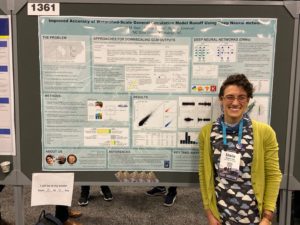
Dr. Saia notes that the ORISE fellowship is meant to provide training for people interested in government work, and it’s open to post-baccalaureate, post-masters, and post-doctoral graduates. Using the ORISE fellowship, Dr. Saia was able to attend several professional development seminars and two major conferences: RStudio 2017 and then the American Geophysical Union in DC 2018 where she presented her work with ORISE. Moving forward, Dr. Saia hopes to continue relating her work in hydrology to human populations.
If you are interested in an ORISE fellowship, Dr. Saia advises you start thinking about and preparing for it at least a year ahead of time. When you fill out the application, be sure to explicitly mention traits they are looking for that you possess. Finally, while this might not be the case for all ORISE fellowships, some might offer information about the group you could be working with. If so, make sure you do research on that group and include that knowledge in your application (such as relating what the lab does to your work and tailoring your letter and resume to that work).
USDA Agriculture & Food Research Initiative
According to their website, the “Agriculture and Food Research Initiative – Education and Workforce Development (EWD) focuses on developing the next generation of research, education, and extension professionals in the food and agricultural sciences. In FY 2019, EWD invites applications in five areas: professional development for agricultural literacy; training of undergraduate students in research and extension; fellowships for predoctoral candidates; fellowships for postdoctoral scholars, and a brand new program for agricultural workforce training.” See EWD Request for Applications for specific details.
National Science Foundation (NSF) Postdoctoral Fellowship
The NSF offers the following programs for postdoctoral scholars:
- Atmospheric and Geospace Sciences Postdoctoral Research Fellowships;
- Mathematical Sciences Postdoctoral Research Fellowships;
- NSF Astronomy and Astrophysics Postdoctoral Fellowships;
- NSF Earth Sciences Postdoctoral Fellowships;
- Postdoctoral Research Fellowships in Biology; and,
- SBE Postdoctoral Research Fellowships.
Featured Recipient: Ryan Sartor, USDA-ARS Maize Breeding & Genetics Group
Dr. Ryan Sartor works within plant genome and transcriptome sequencing to build better computer models that predict different traits of interest in maize (corn). This research is aimed at breeding plants faster, cheaper, and more effectively. Though “food security is of the most prevalent importance…these breeding techniques can also be used for improving the overall quality of life,” Dr. Sartor explains. In addition to his research funds, NSF also provides various programs, seminars, and webinars to allow him to continue his professional development.
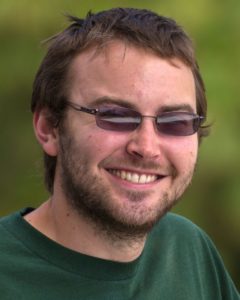
As a part of his three year fellowship, Dr. Sartor attends the Plant and Animal Genome Conference in San Diego each year, which is a weeklong event where any topic related to plant and animal genome research you can imagine is discussed. These programs and events give postdocs amazing networking and learning opportunities while they are doing their research. In terms of what made him a competitive applicant, Dr. Sartor theorizes that it was his interdisciplinary background in both computer science and biology as his research relies on computational and biological competence.
He advises future applicants to offer “higher risk proposals” as the fellowship values this unique desire to learn. He says, “Don’t worry about the risk of the proposal. Propose something that may be a bit out there but is still feasible. This is your one chance to propose something bold that someone will fund!”
Dr. Sartor will be finishing his fellowship at the end of 2020 and is looking to pursue more academic research-focused appointments. After being able to research this topic thanks to NSF, he notes that he has discovered a love for academic research and endeavors!
The Statistical and Applied Mathematical Sciences Institute (SAMSI) Fellowship
The Statistical and Applied Mathematical Sciences Institute (SAMSI), was established in 2002, and is a partnership of Duke, NC State University, and UNC Chapel Hill. SAMSI focuses on applying statistical and mathematical research to other disciplines, and their mission is to “forge a synthesis of the statistical sciences and the applied mathematical sciences with disciplinary science to confront the very hardest and most important data- and model-driven scientific challenges.” You can see their list of current postdocs for ideas of what other kinds of work is being done for SAMSI.
Featured Recipient: John Thomas Nardini, Mathematics
Dr. John Nardini is a SAMSI fellow in a program focused on precision medicine. His research focused on using mathematical models and statistics to make better informed decisions in medicines. SAMSI encourages researchers to collaborate with other disciplines, such as through skype meetings and professional workshops, to bolster the research.
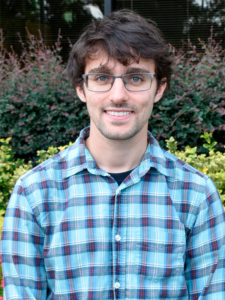
This research was a two-year program and each year Dr. Nardini has been provided $5,000 in travel funds. For example, if he connects with someone who is interested in working directly with him across the country, he’s able to travel and meet them (as well as travel to more conferences). Last year, he notes that he was able to go to Phoenix, Arizona to collaborate on a project in personalized oncology with Kristin Swanson from the Mayo Clinic to continue his research. He has also been able to go to more mathematics conferences and network for job opportunities.
Dr. Nardini advises future applicants to present new perspectives in research and be able to illustrate an interdisciplinary approach. For example, he worked with biologists during his doctoral work, so he highlighted that in his proposal. Showing your ability to work with others in the Research Triangle area doesn’t hurt either.
Dr. Nardini plans to apply for faculty positions in 2020 and hopes to get an assistant professorship. Since he has funding for a third year, though, he also plans to continue the research while he applies for positions. SAMSI has helped him write and present better research papers and gave him the option to teach, which has bolstered his resume as well. Additionally, because SAMSI has a physical location in Research Triangle Park, there are a lot of networking, talks, and workshops for undergraduates who may be interested in this research as well.
Want to know about other opportunities?
Contact our Office of Postdoctoral Affairs (OPA) manager, Chris Smith to learn more!
Have a postdoc fellowship or other accomplishment to share?
- Categories:

